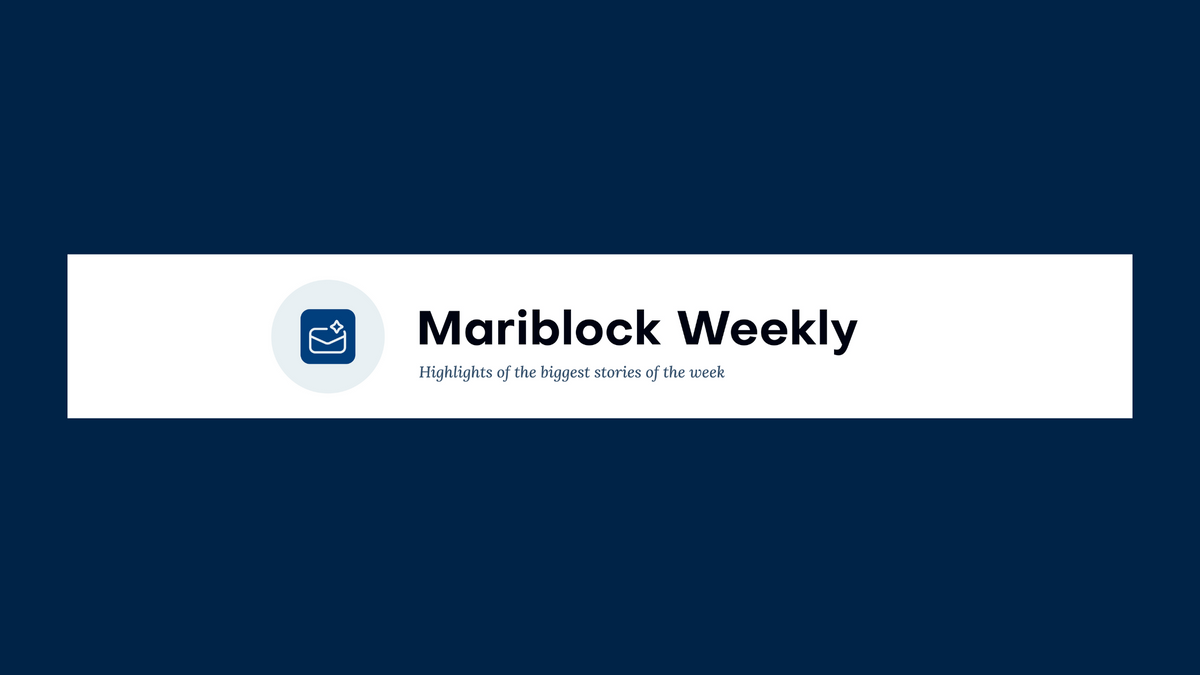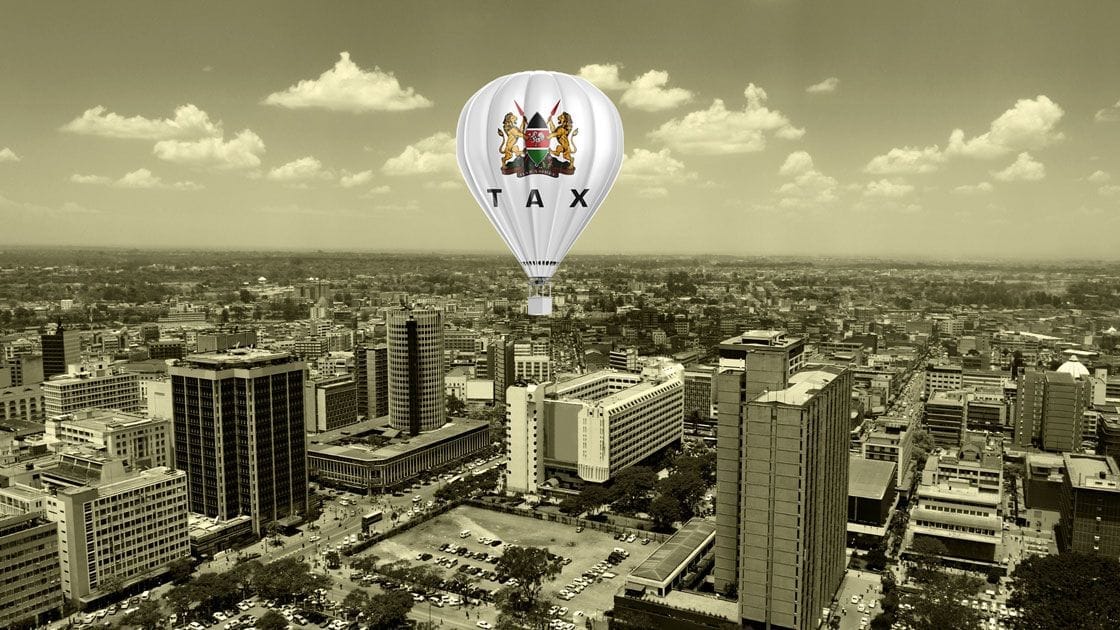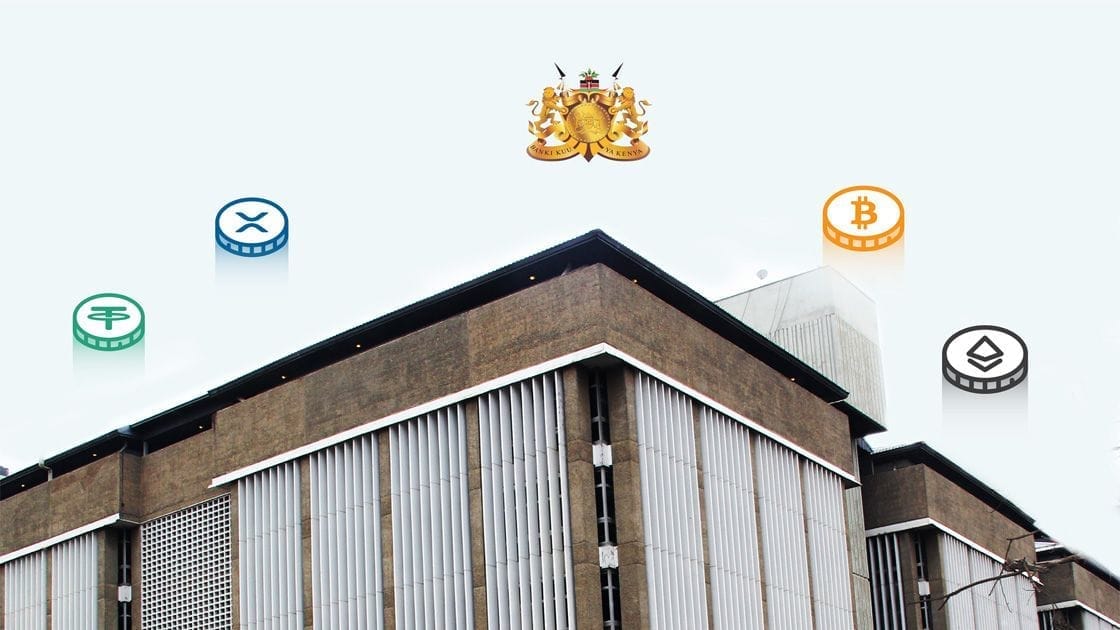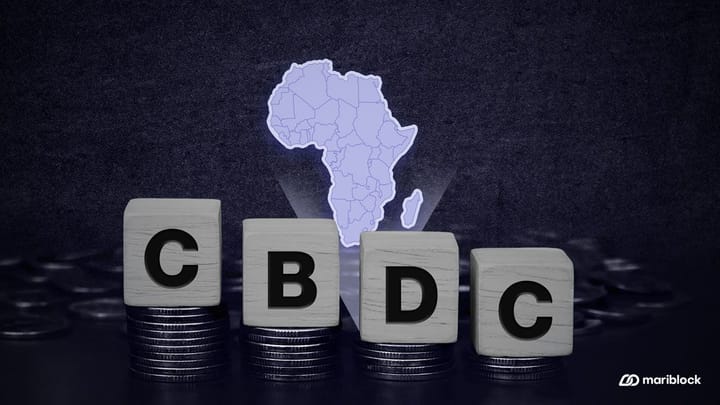🟠 Kenyan crypto stakeholders unite to lobby against digital asset tax
Plus: 🇰🇪 Nairobi Securities Exchange to launch digital platform to trade tokenized real-world assets

Scoop: Kenyan crypto stakeholders plan to lobby against digital asset tax

Topline: Kenyan cryptocurrency companies are teaming up for what could be their last stand against the country’s controversial 3% digital asset tax (DAT), according to industry sources close to Mariblock. (Details)
The group plans to bring in a global tax advisory firm (like PwC) to support its arguments.
Quick recap: In 2023, Kenya introduced a digital asset tax, scheduled to take effect in September of that year.
- The tax takes a 3% cut directly from income on digital asset transfers or exchanges.
- The tax is particularly harsh because it applies to all transfers regardless of profit or loss, even if you move your crypto between wallets.
The scoop: According to a release seen by Mariblock, Kenyan crypto companies believe this tax could kill their businesses if fully implemented.
- The coalition, led by key industry stakeholders, wants to hire a major tax consultancy like PwC to add some muscle to their demands.
- They’ve launched a fundraising campaign targeting crypto businesses across Kenya and have already secured pledges toward their goal, which they estimate they’ll need for effective lobbying.
- The coalition stressed that the lobbying campaign must start before next month’s tax submission deadline, or they might lose their window of opportunity before the 2025 Finance bill is passed into law.
Nairobi Securities Exchange to launch digital platform to trade tokenized real-world assets

Topline: The Nairobi Securities Exchange (NSE) is taking its biggest step yet into the crypto world by teaming up with DeFi Technologies to launch the Kenya Digital Exchange (KDX). (Details)
The details: This new platform will enable the digitization and trading of intangible assets, like equities, debts, and exchange-traded funds, as well as tangible commodities such as gold and oil, all on a blockchain-based system.
- The Kenyan Digital Exchange is built on the Hedera network, to whose governing council the NSE belongs.
- The launch will happen in phases, with investor onboarding and first token issuances happening before the end of the year.
- Future phases will introduce AI-powered trading strategies and secondary market trading, ensuring the exchange can work with other platforms.
Before now: The NSE has been working to digitize its operations and broaden its listings to include digital assets.
- Last year, Mariblock reported that the NSE joined the Hedera Council to explore tokenized securities — a bid to modernize and attract younger investors.

Stablecoins are becoming the backbone of digital finance — from cross-border payments to government policy. Each week, we track the most important developments shaping this evolving market for you.
1. One big thing: Ripple tried to buy Circle, but got turned down
Ripple, issuer of XRP, reportedly made a $4–5 billion bid to acquire Circle, the company behind USDC, but the offer was rejected as too low. While Ripple may still pursue a deal, Circle is prioritizing its recently filed IPO. The development highlights rising M&A and IPO activity in the crypto space. USDC remains a dominant stablecoin with a $61.7 billion market cap, far ahead of Ripple’s new RLUSD, which holds $317 million. (Bloomberg)
2. Tether reports $1B profit, $120B in Treasuries in Q1 2025
In Q1 2025, Tether reported over $1 billion in profit and grew its U.S. Treasuries exposure to $120 billion. USDT supply rose by $7 billion, with 46 million new wallets added. Now regulated in El Salvador, Tether also invested over $2 billion in AI, energy, and infrastructure. (Tether)
3. SEC abandons investigation into PayPal USD
The U.S. SEC has dropped its investigation into PayPal’s stablecoin, PYUSD, without enforcement action, clearing a key regulatory hurdle for the payments giant. Launched in August 2023 and backed by U.S. Treasuries and dollar deposits, PYUSD now offers a 3.7% yield to U.S. users as competition intensifies. With a market cap of $887 million, PYUSD ranks sixth among stablecoins as PayPal deepens its push into blockchain payments. (Coindesk)
➕ More stablecoin headlines
- Abu Dhabi’s MGX to use Trump-affiliated USD1 stablecoin to settle $2 billion investment into Binance.
- Tether is planning to launch a U.S. stablecoin project this year.
- Onafriq partners with Circle to power low-cost cross-border transactions using USDC.
- Ethena partners with TON to offer USD stablecoin on Telegram
- Global interest in non-dollar stablecoins grows
Catch up

🌍 Trump’s crypto pivot is a big industry win, says Kraken CEO (CNBC Africa)
🇬🇭 Ghana emerges as global leader in digital currency and blockchain innovation (MSN.com)
🇿🇦 The South African town where you can pay for almost everything with Bitcoin (My Broadband)
Opportunities
- Sign up for Bybit Academy via AltSchool Africa here.
- The Network School is launching a $100,000 fellowship for founders and creators. Apply here.
- UNICEF Venture Fund is offering $100,000 in equity-free funding for blockchain and frontier technology startups. Apply here.
That’s all for this week!
If you found this helpful, please consider sharing it with a friend or colleague or forwarding it online.
Till next week,
Ogechi.




